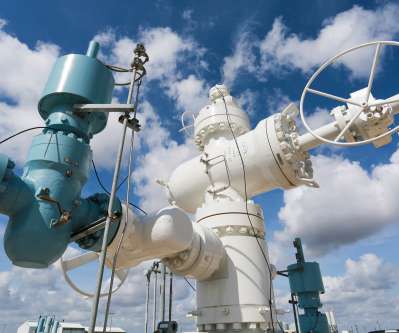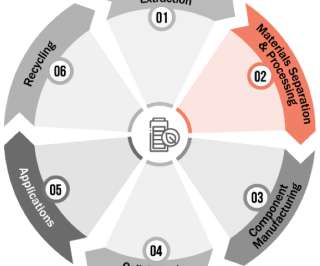Mitsubishi Power & Texas Brine partner on large-scale salt cavern storage for hydrogen to support decarbonization efforts in the eastern US
Green Car Congress
MAY 13, 2021
The nation’s largest brine producer, Texas Brine, and its affiliates have salt positions in New York, Virginia, Texas and Louisiana that will enable access to major load centers in the Northeast, Mid-Atlantic and the Gulf Coast. Hydrogen has been stored in salt caverns for decades in the US Gulf Coast.











Let's personalize your content